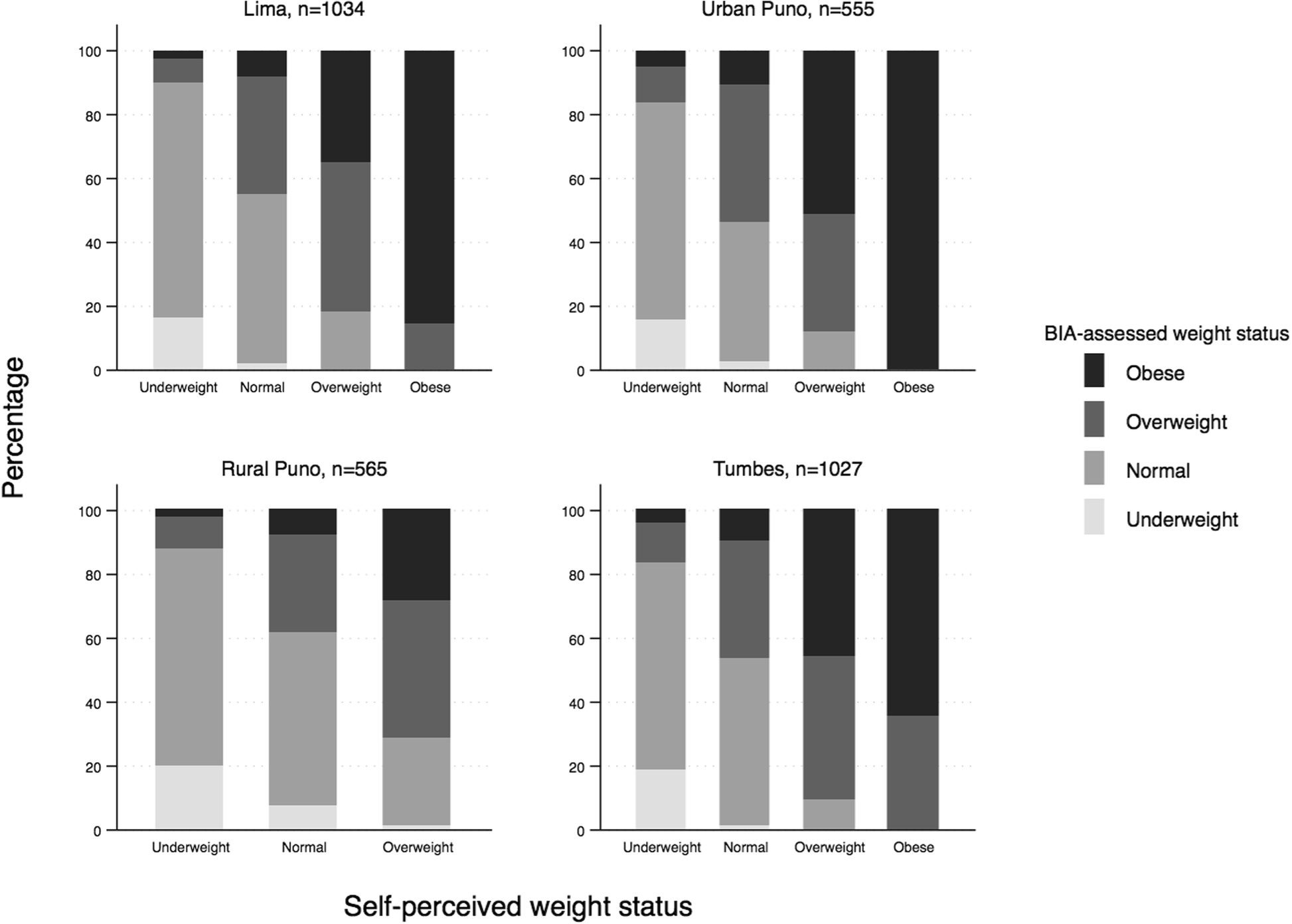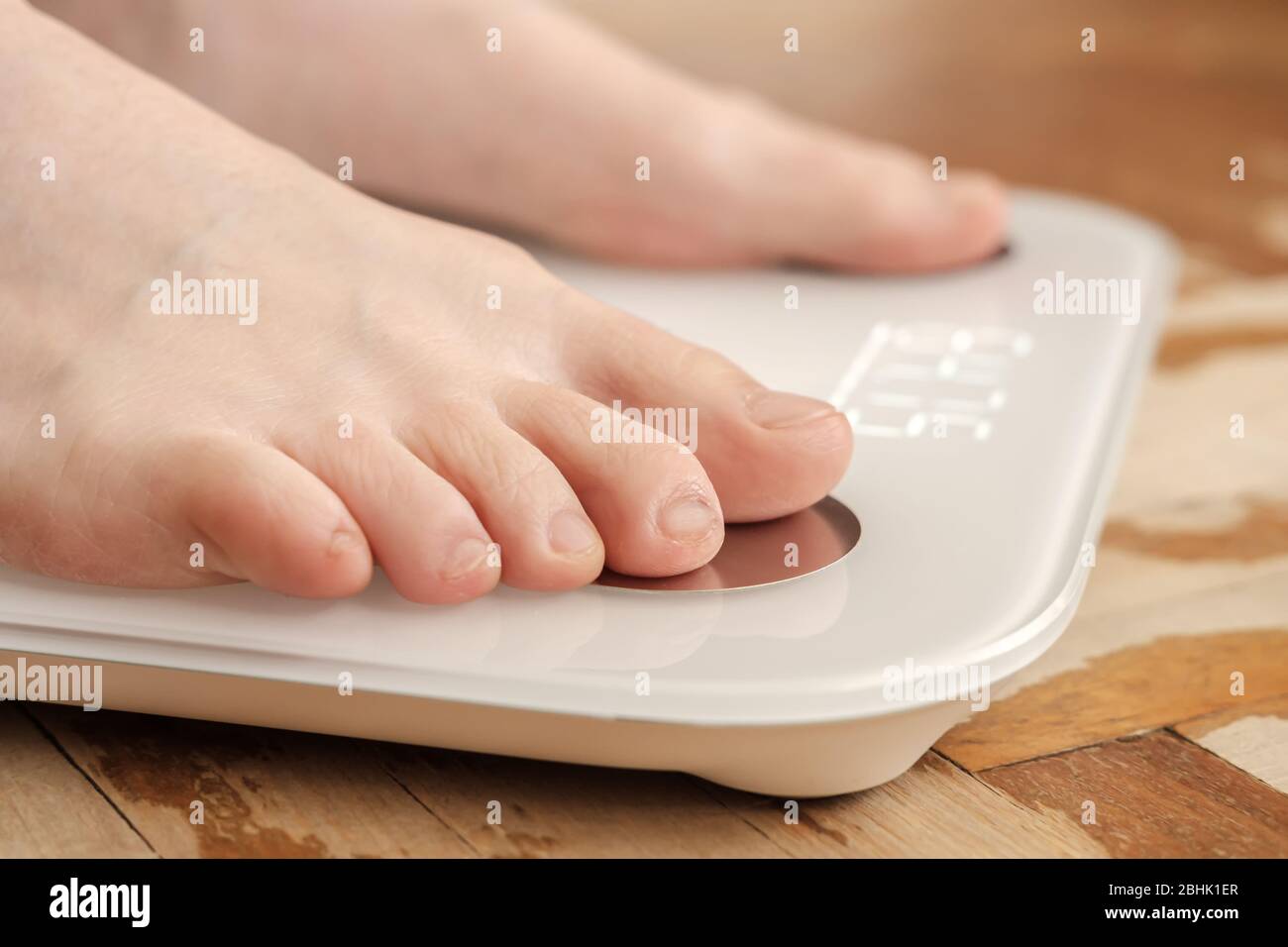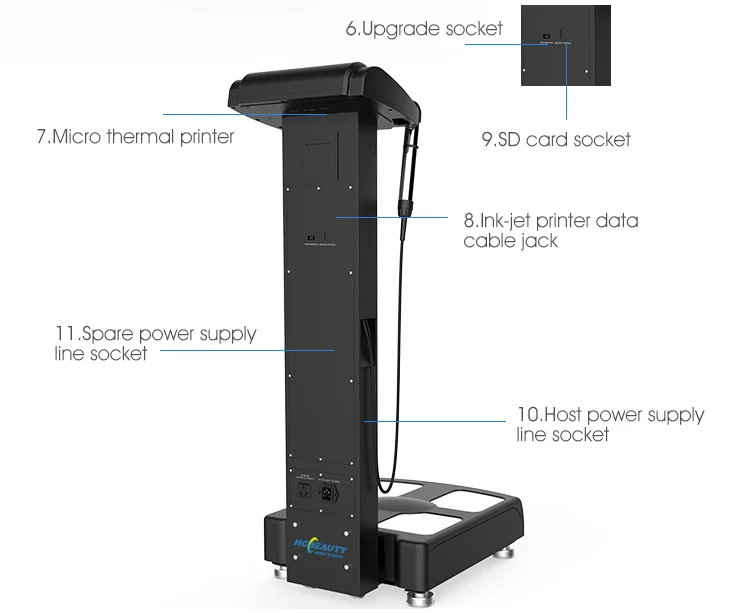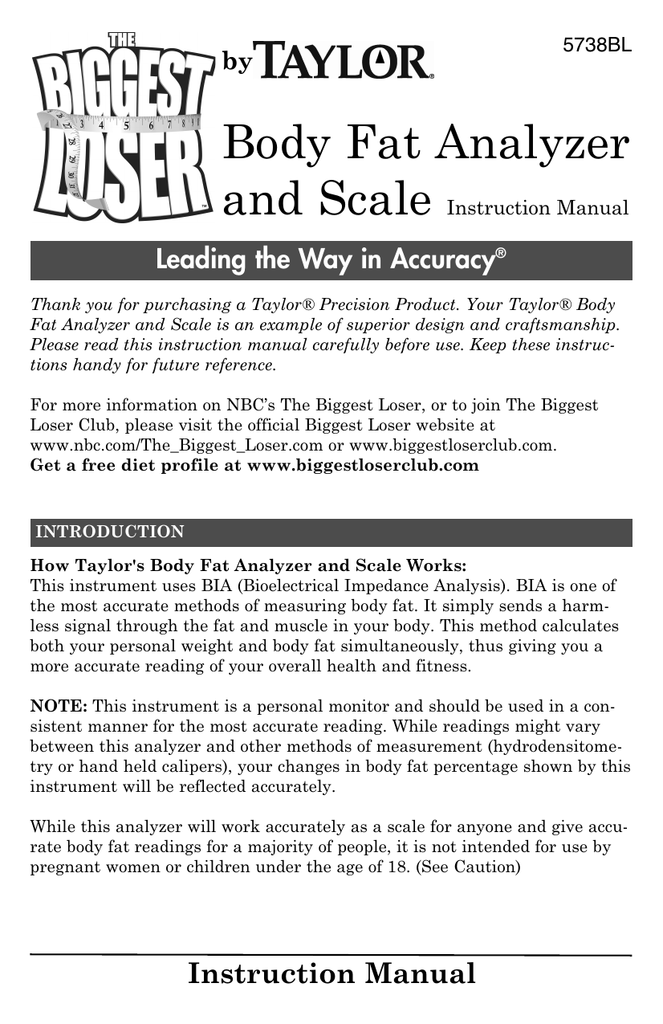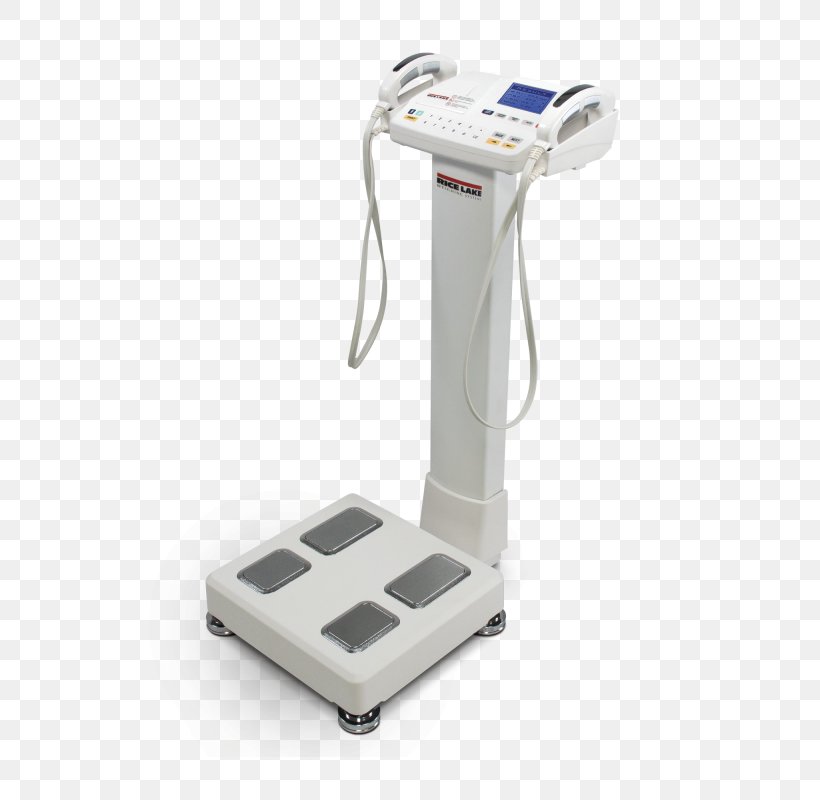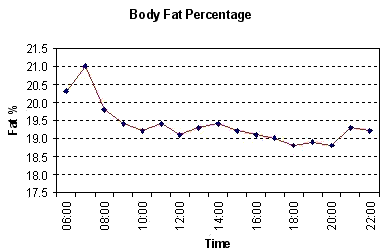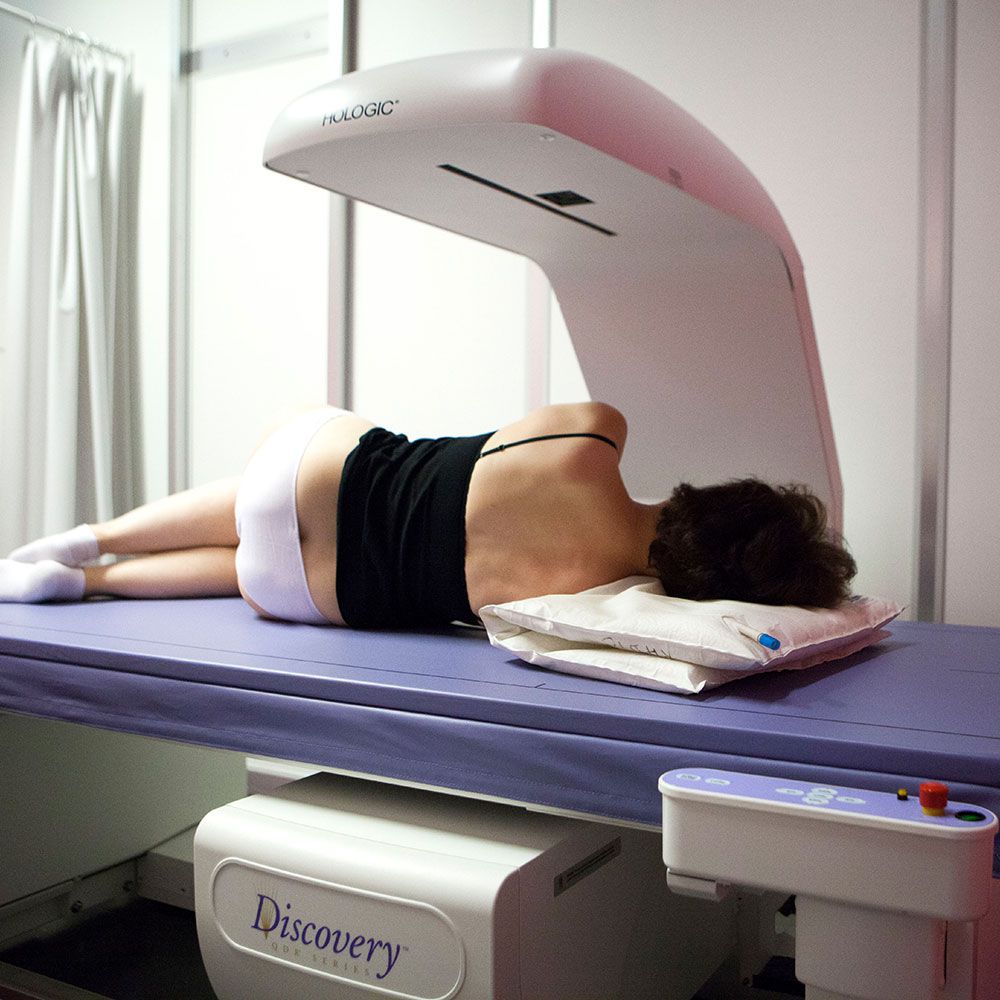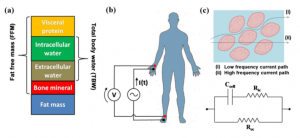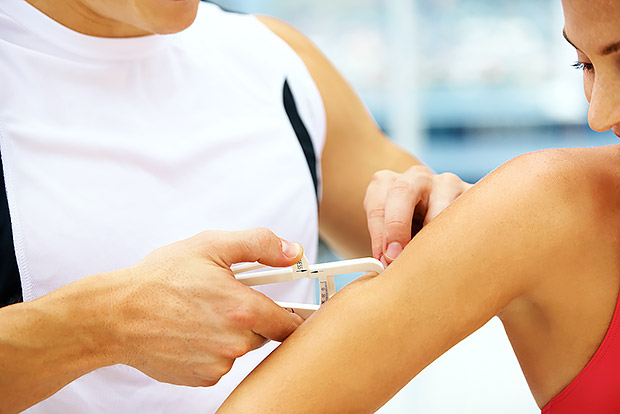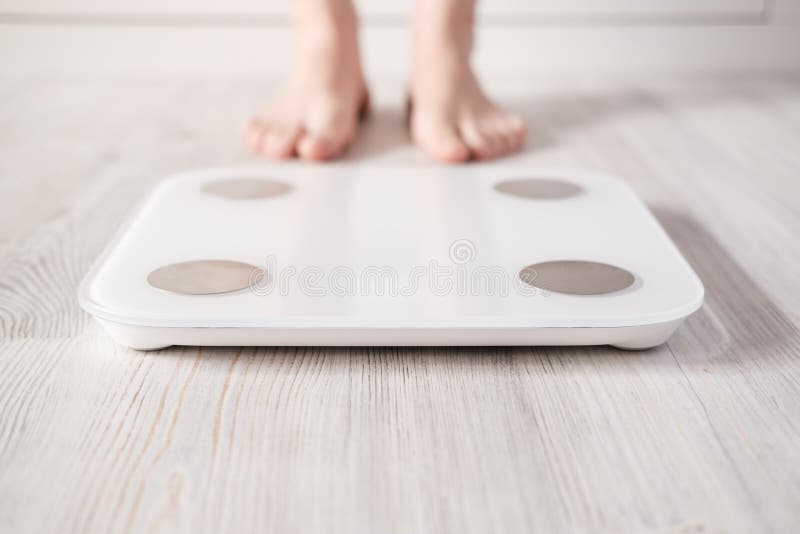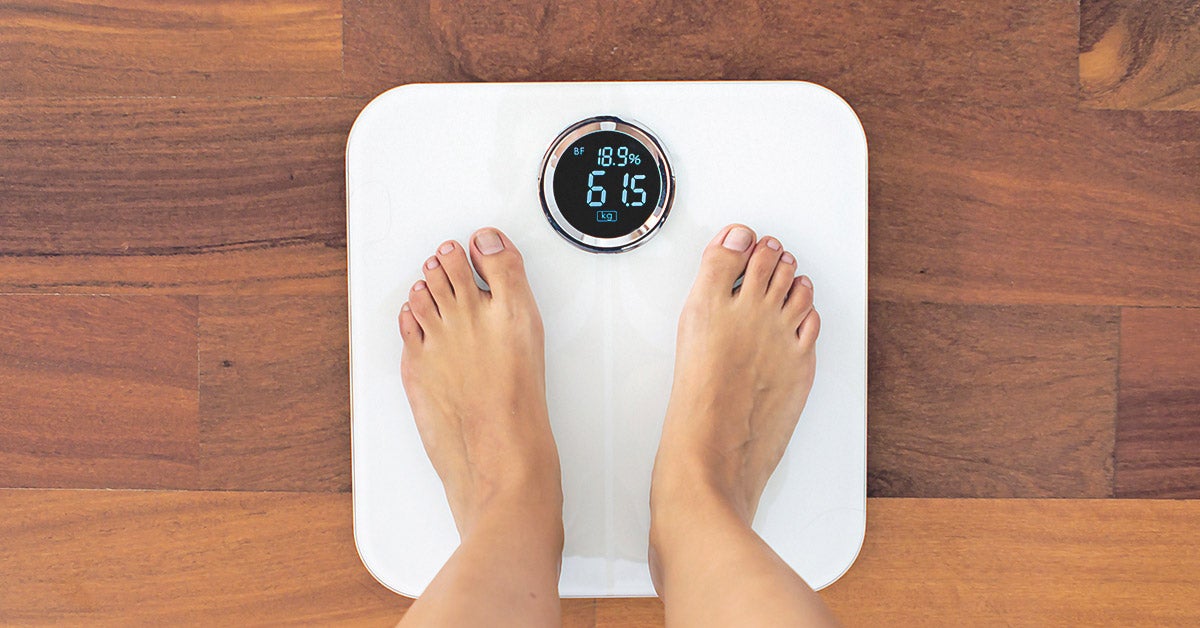
Body Fat Measurement Bioelectrical Impedance
Bia or bioelectrical impedance analysis is a non invasive measurement of body fat lean muscle mass and hydration. In part 2 you learned about underwater weighing and in part 3 you learned about the bod pod. Most body water is stored in muscle. Bioelectrical impedance bia bia is one of the quickest and easiest methods for predicting body fat. Percentage of body fat is strongly associated with the risk of several chronic diseases but its accurate measurement is difficult. The body fat percentage is a measure of fitness level since it is the only body measurement which directly calculates a persons relative body composition without regard to height or weight.
Bioelectrical impedance analysis bia is a commonly used method for estimating body composition in particular body fat and muscle massin bia a weak electric current flows through the body and the voltage is measured in order to calculate impedance resistance of the body. Bioelectrical impedance analysis bia is a relatively simple quick and non invasive technique to measure body composition. Focusing on body fat percentage instead of weight is much more useful to track fat loss. A cross validation study to design bioelectrical impedance equations in mexican adults nayeli macias 1 heliodoro alemán mateo 2 julián esparza romero 2 and mauro e valencia 2. Bioelectrical impedance analysis. However the convienience of this method comes at a price of accuracy.
Now lets talk about bia. Body fat percentage scales use a method known as bioelectrical impedance bia to estimate your body composition. Body fat measurement by bioelectrical impedance and air displacement plethysmography. Measurement errors can range from 355 body fat. They run a light electrical current through your body measure the degree of resistance or impedance to the flow of the current then use this information to estimate your body fat percentage 2. A number of methods are available for determining body fat percentage such as measurement with calipers or through the use of bioelectrical impedance analysis.
According to willett and co workers 2006 bia or bioelectrical impedance analysis involves passing a weak current across the extremities hands and feet to measure body composition. In part 1 of this series you learned about how body fat testing is a prediction not a measurement. A small current is used to measure the resistance at difference frequencies against the various tissues in the body eg fatlipid has a high resistance to the flow of current therefore shows a high impedance reading.
Random Post
- elle duncan body measurement
- aaron finch body measurement
- body measurement cdc
- body frame size wrist measurement
- justina valentine body measurements
- hwasa mamamoo body measurement
- body measurement jml
- body measurements phone
- mtv body measurement
- body measurement tv show
- vidyut body measurements
- what do body measurements mean
- body measurement chart male fitness
- body measurement gzip
- what's my body type by measurements
- aarohi patel body measurement
- zara larsson body measurement
- sindhu tolani body measurements
- holly willoughby body measurement
- maria nur body measurement
- what body measurements to track
- aoa seolhyun body measurement
- joey king body measurement
- lars sullivan body measurement
- mustafa ali body measurement
- body fat measurement johannesburg
- bra fitting youtube
- app to track body measurement
- convert bra size to bust measurement
- neha sharma body measurement
- aashika bhatia body measurements
- weight and body measurement tracker app
- varinder singh ghuman body measurement
- triya das body measurements
- ming xi body measurements
- bra measurement uk cm
- body temperature measurement in nursing
- body measurement ttl
- jayavani body measurement
- professional bra measurement
- sergi constance body measurement
- evelyn sharma body measurement
- khan baba body measurement
- body measurement chyler leigh
- kevin hart body measurements
- jeri ryan body measurement
- how to do body measurements
- measurement of liver in human body
- body temperature measurement devices
- lara logan body measurement

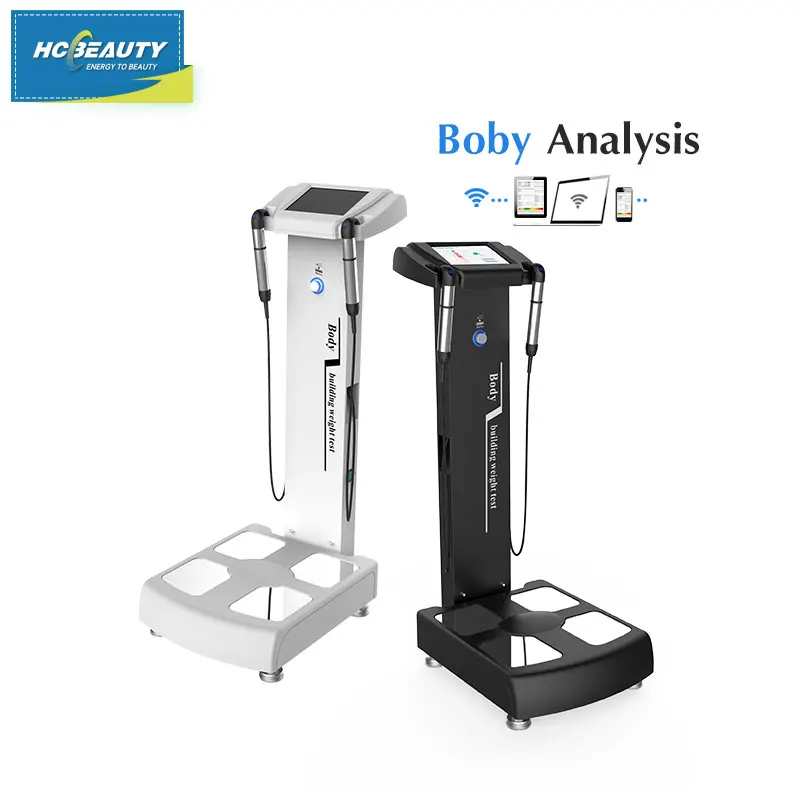
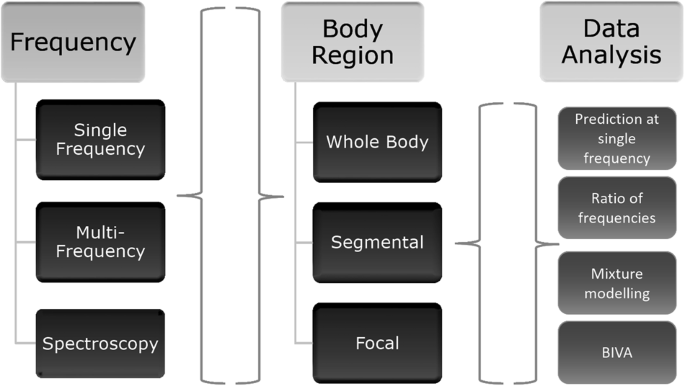
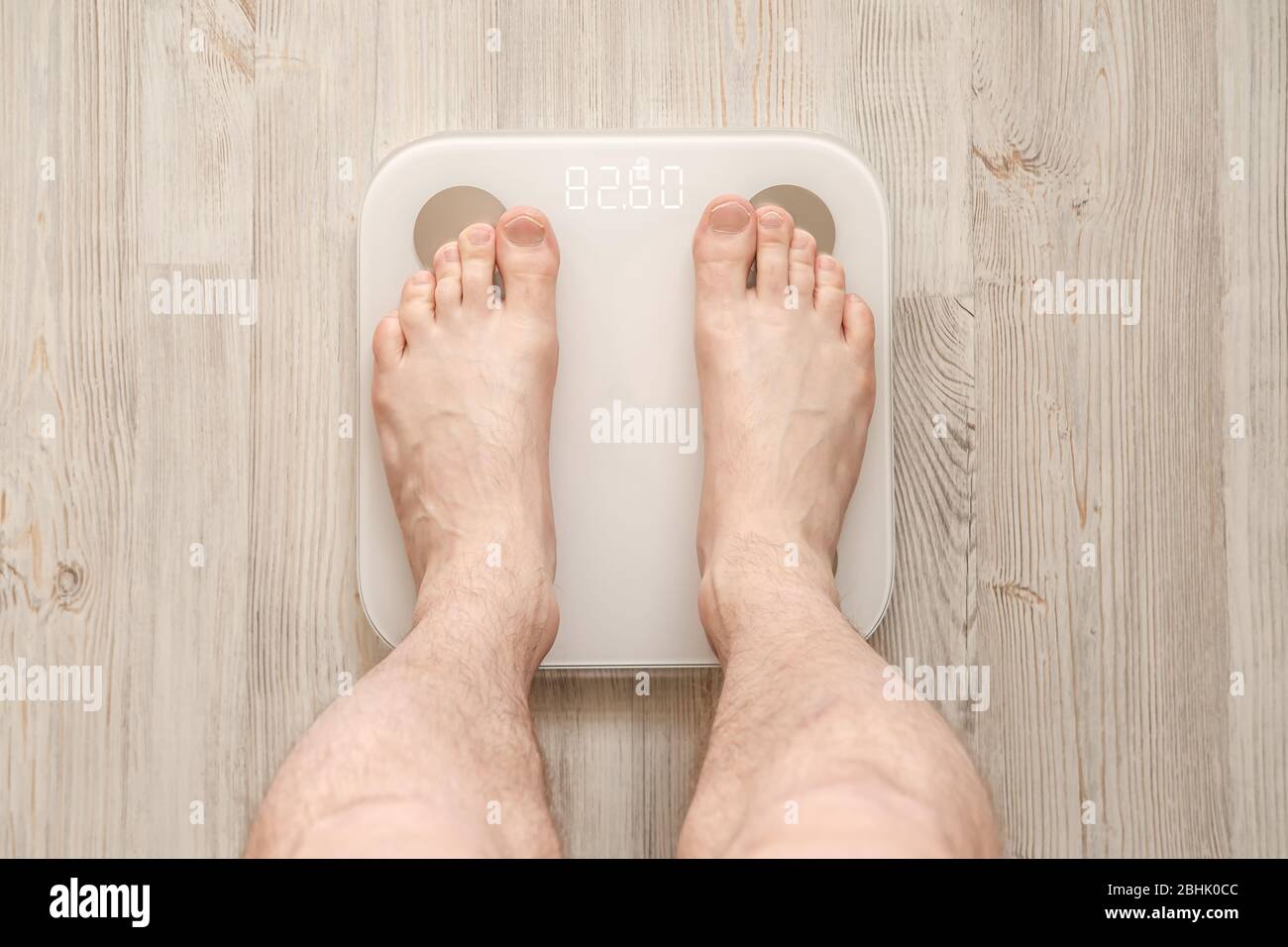
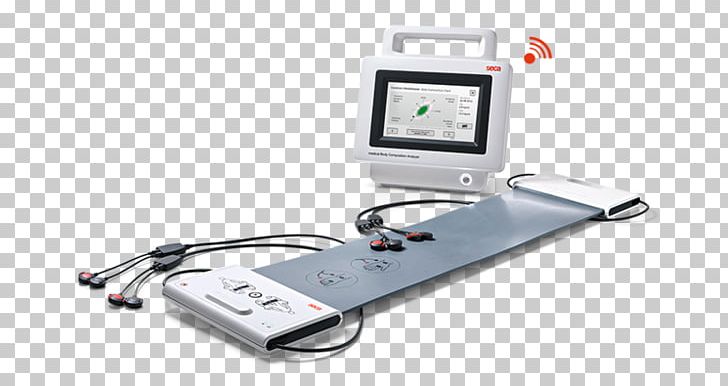
/GettyImages-E003605-5675c8233df78ccc151e4a4b.jpg)
